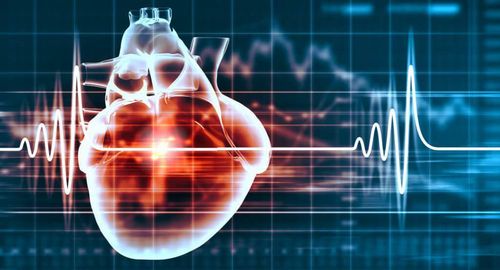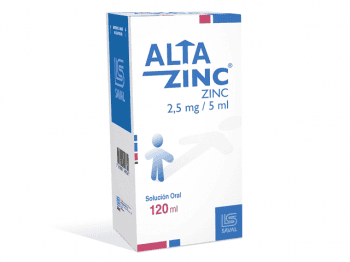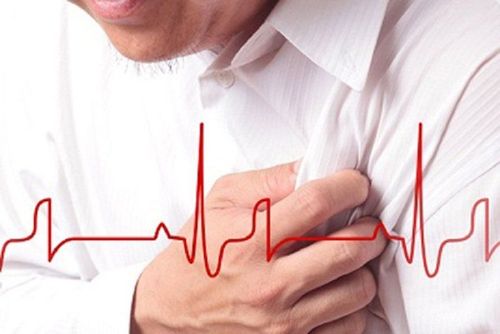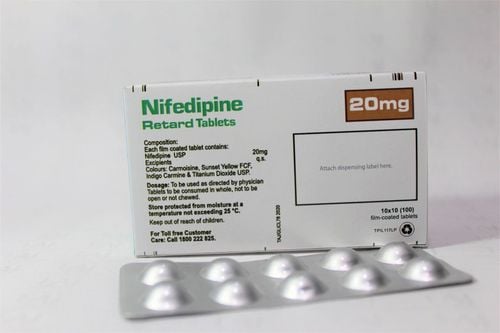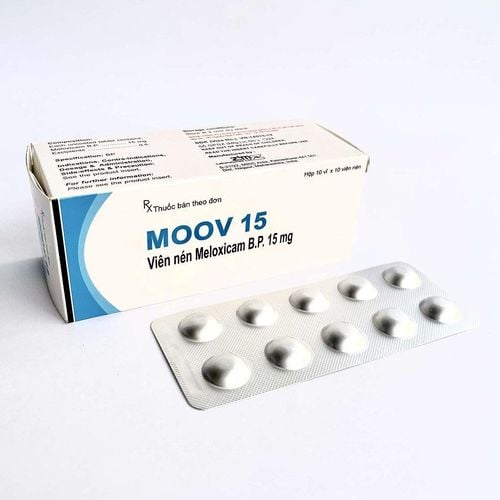This is an automatically translated article.
The article was professionally consulted by Specialist Doctor II Nguyen Quoc Viet - Interventional Cardiologist - Department of Medical Examination & Internal Medicine - Vinmec Danang International General Hospital.Sinus tachycardia is a condition in which the sinus node in the heart is stimulated, causing the heart to beat faster than the normal sinus rhythm. Sinus tachycardia can cause some adverse medical symptoms for the circulatory system such as palpitations or shortness of breath, so it is necessary to control and treat sinus tachycardia promptly and properly.
1. What is sinus tachycardia?
Sinus rhythm is defined as a physiological rhythm in the heart, occurring spontaneously and caused by the action of the sinus node in the wall of the right atrium. This structure is likened to the human body's natural pacemaker because it can send electrical signals to the heart muscles so that the heart can perform contractions or contractions to create a beat. For adults, the normal sinus rhythm has a frequency of 60-100 beats/minute in the resting state. In the presence of any abnormality or stimulus, the frequency of sinus rhythm can be greater than 100 beats/min and is called sinus tachycardia, which may be physiological or pathological depending on the specific case. .
The cause of sinus tachycardia is due to physiological factors, stimulants, cardiac diseases as well as non-cardiac diseases that cause the sinus node to be stimulated leading to increased sinus rhythm beyond normal. In addition, some other causes that can also lead to sinus tachycardia are vigorous exercise and sports activities; physiological causes such as: anxiety or excessive excitement, young children, patients who are women or are pregnant, use of certain drugs when corticosteroids, asthma medicines, anti-inflammatory drugs, hypotension, anti-arrhythmic drugs or non-cardiac diseases such as infections, anemia, diarrhea, hypotension, hyperthyroidism, electrolyte disturbances ... and heart diseases such as ischemic heart disease , congenital heart ... also lead to sinus tachycardia.
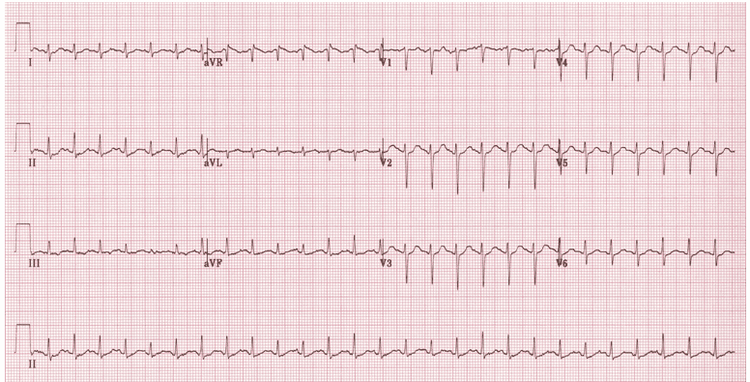
Some clinical manifestations of sinus tachycardia are as follows:
Sudden rapid heartbeat Heart pounding hard to breathe Fatigue, anxiety, body restlessness Anxiety, palpitations, chest pain Dizziness, dizziness, lightheadedness Hand tremors Dizziness and fainting If the patient develops the above symptoms, it is suspected that there is a sinus tachycardia occurring in the body and should be treated promptly, especially with patients who already have a number of chronic diseases such as cardiovascular disease, hyperthyroidism, COPD, ischemic heart muscle, autonomic dysfunction ... are more likely to encounter more dangerous complications.
2. Treatment of sinus tachycardia
The usual treatment for sinus tachycardia is to treat the underlying cause or make lifestyle changes, to limit stimulants that make the heart beat faster, and rarely requires medication or intervention (pacemaker). . Some drugs for sinus tachycardia are antiarrhythmic such as: Beta-blockers, Calcium blockers, Ivabradine and Amiodarone. Clinically, the most commonly used drug in this case is a beta-blocker, which aims to dilate blood vessels as well as inhibit the formation of compounds that make the heart rate faster, this drug also contributes to heart failure. Patients relieve stress, anxiety and emotional balance. Ivabradine is usually prescribed for patients with sinus tachycardia with no known cause. The important rule when using drugs for sinus tachycardia is to follow the doctor's instructions exactly, do not stop taking the medicine suddenly because it can make the tachycardia condition worse. After the course of drug use, but the patient still does not have a tendency to improve, the doctor may appoint an electrocardiogram and put an artificial pacemaker afterwards.
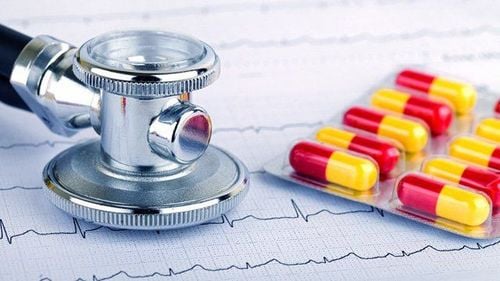
Besides, the effective and effective methods of treating sinus tachycardia at home is to change the patient's own lifestyle in the following ways:
Limit the use of foods containing stimulants such as caffeine, alcohol, and tobacco. Maintain a nutritious diet containing substances that are good for the patient's cardiovascular system such as fiber (green vegetables, fruits...), omega 3 (fish, soybeans, peanuts, walnuts, almonds, etc.) kernels...), electrolytes (banana, spinach, pumpkin, eggs, skim milk...). Patients should limit to the maximum extent red meat as well as foods and drinks containing a lot of sugar because it will increase the possibility of sinus tachycardia. Patients need to have a moderate and reasonable exercise regimen with the body's ability, avoiding the case of too strong exercise causing rapid heart rate. Patients can practice with gentle movements first, then gradually increase to suit their own ability. Another way that sinus tachycardia can be controlled is by using herbal remedies. Ginseng is one of the herbal medicines that have the effect of reducing the symptoms of sinus tachycardia because it contains some active ingredients such as Matrine, Oxymatrine, Kurarinone or Sophocarpine, which have the effect of regulating electrolytes and inhibiting production. Produce substances that stimulate the heart rate to beat faster, relax the blood vessels in the body and inhibit the release of hormones that cause stress and anxiety in patients. Although sinus tachycardia is not a disease that poses a direct danger to humans, if not detected early, it can also cause serious complications for the cardiovascular system as well as a number of other organ systems in the body. body. Therefore, when there are any signs of sinus tachycardia, the patient should immediately go to a medical facility for examination, diagnosis and proper treatment of sinus tachycardia.

Please dial HOTLINE for more information or register for an appointment HERE. Download MyVinmec app to make appointments faster and to manage your bookings easily.





